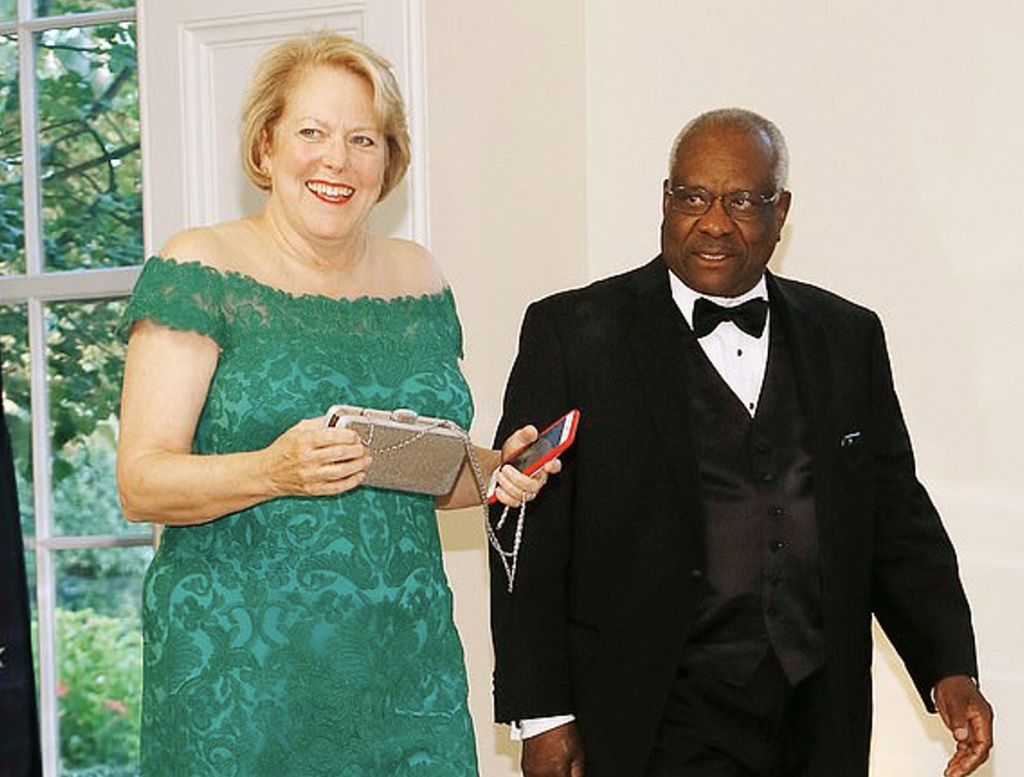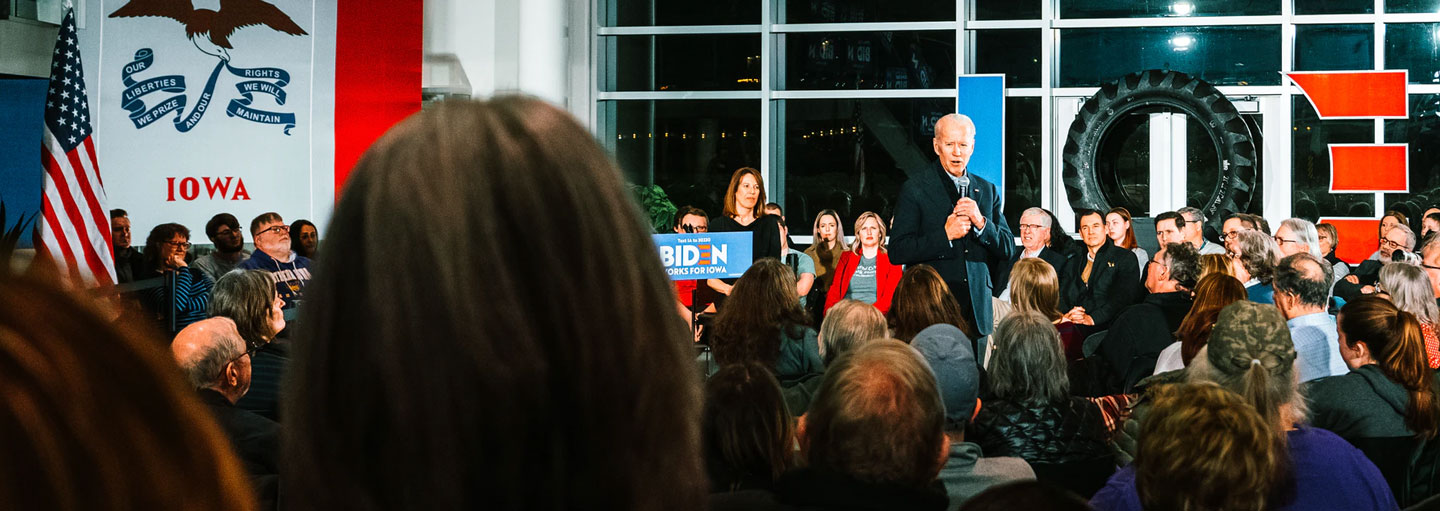Ever since the Supreme Court in the United States overruled Roe v. Wade many people throughout the world have gone apoplectic in expressing their “devastation and terror” at not being able to legally kill their unborn children. Take, for instance, the actor Samuel L. Jackson, who tweeted in response to Justice Clarence Thomas:
Jackson acerbically referring to Justice Thomas as ‘Uncle Clarence’ would never be excused if the same slur had been uttered by a white man. But since Jackson is black—and immensely privileged—he gets a free pass. What’s more, the hashtag #UncleClarence is allowed to trend on Twitter without being ‘ruled’ offensive. All the while Donald Trump, the man responsible for appointing the three Supreme Court justices who helped overturned Roe v. Wade, remains banned.
For those not familiar, to refer to an African-American man as an ‘Uncle’ is a reference to the eponymous character in the novel, Uncle Tom’s Cabin, by the abolitionist Harriet Beecher Stowe. Uncle Tom who was widely seen as being overly compliant and subservient to his white masters. To refer to Justice Thomas as “Uncle Clarence” then is to accuse him of not being able to think for himself.
Significantly, the legal case which Jackson is referring to is the historic decision of the U.S. Supreme Court—Loving v. Virginia (1967)—which ruled that laws banning interracial marriage violate the Equal Protection and, in particular, the Due Process Clauses of the Fourteenth Amendment to the U.S. Constitution. The amendment simply states:
No State shall deprive any person
of life, liberty, or property
without due process of law.
The reason why Jackson’s reference to this decision is pertinent is because Justice Thomas argued in his concurring statement regarding the use of the Equal Protection and Due Process Clauses that, “in all future cases, we should reconsider all of this Court’s substantive (this particular adjective is crucial, and I’ll return to in a minute) due process precedents”. And this would obviously have implications for a law that affects his own inter-racial marriage, calling that into question as well.

This has caused me to go back and read the concurring statement of Justice Thomas to try and understand his legal reasoning. The full ruling and various concurring statements can be found here. Sadly, it seems that very few are likely to engage with the document in question. And so, what follows is my own attempt to summarise and explain the argument of Justice Thomas.
The Due Process Clause has been Weaponised Politically
The original intention of the Framers in adding this amendment, was so that a person could not be denied their life, liberty or property without due legal process. As Justice Thomas states:
Considerable historical evidence indicates that “due process of law” merely required executive and judicial actors to comply with legislative enactments and the common law when depriving a person of life, liberty or property.
However, in the infamous Roe vs. Wade, the Due Process Clause was given the “gain of function” ability (i.e. politically weaponised) to argue that a woman has the legal right to have an abortion. This was because to forbid her from doing so, would be to deny her fundamental right of ‘liberty’ i.e. the freedom to kill her unborn child. But as Justice Thomas rightly comments:
The idea that the Framers of the Fourteenth Amendment understood the Due Process Clause to protect a right to abortion is farcical.
Can the Due Process Clause Outlaw Abortion?
While Justice Thomas doesn’t ever mention this, it could be argued that the Due Process Clause extends to an unborn person the legal protection for their life while in utero. And that this right to life cannot be rescinded “without due process to law”. But of course, as they are not yet born—or able to for quite a few years afterwards—they are not able to request their own legal representation.
Interestingly, Justice Kavanaugh argues that the Constitution does not impact on the issue of abortion at all, and that the matter should be decided only on a state-by-state basis. In his own concurring statement, Justice Kavanaugh writes:
Some amicus briefs argue that the Court today should not only overrule Roe and return to a position of judicial neutrality on abortion, but should go further and hold that the Constitution outlaws abortion throughout the United States. No Justice of this Court has ever advanced that position. I respect those who advocated for that position, just as I respect those who argue that this Court should hold that the Constitution legalizes pre-viability abortion throughout the United States. But both positions are wrong as a constitutional matter, in my view. The Constitution neither outlaws abortion nor legalizes abortion.
Process vs Substance
The most that the Due Process Clause guarantees is that of legal process. It does not forbid the government from ever taking away a person’s right to life, liberty or property. It simply ensures that this cannot be done without due process. To say that the clause addresses the substance of one’s rights though, rather than the process of legal recourse is, Thomas believes, a judicial red herring. As Justice Thomas goes on to argue, such a reading of the Due Process Clause:
…strains credulity for even the most casual user of words.
The resolution of this case is straightforward. Because the Due Process Clause does not secure any substantive rights, it does not secure a right to abortion.
The Same Mistake Applies to Rulings on Other Laws
Justice Thomas addresses the question of other Supreme Court decisions which used the Due Process Clause to federally legislate on other issues, in particular, federal rulings regarding contraception and gay marriage. Any previous decision, such as these, and which functions now as a precedent for a “substantive due process” decision, should be reconsidered. This is because any legal reasoning relying on the substantive due process interpretation is, according to Thomas, “demonstrably erroneous”.
What Justice Thomas is taking aim at here is not the issues themselves—abortion, contraception, gay, or even interracial marriage—but the legal reasoning behind why those laws were passed. His argument is that it is always wrong to use the Due Process Clause substantively because it was only concerned with process. That is clearly, what the original Framers intended when they wrote it.
Three Key Dangers
Justice Thomas doubles down on the incorrect judicial use of the Due Process Clause saying that “apart from being a demonstrably incorrect reading of the Due Process Clause, the ‘legal fiction’ of substantive due process is ‘particularly dangerous’”. Justice Thomas then goes on to highlight three distinct dangers:
1. It Exalts Judges Over the People
According to Justice Thomas, applying the Due Process Clause substantively “exalts judges at the expense of the People from whom they derive their authority”. In other words, the personal opinions of judges—rather than the collective convictions of the People—become supreme. As the Supreme Court recently ruled, the right to have an abortion is not addressed at all in the Constitution. Hence, “The right to abortion is ultimately a policy goal in desperate search of a constitutional justification.”
2. It Distorts Other Areas of Constitutional Law
Justice Thomas persuasively argues that, “Substantive due process is the core inspiration for many of the Court’s constitutionally unmoored policy judgments”. This is because, “once the Court identifies a ‘fundamental’ right for one class of individuals, it invokes the Equal Protection Clause to demand exacting scrutiny of statutes that deny the right to others”.
For example, the Substantive Due Process Clause was used to invalidate a state statute which prohibited the distribution of contraceptives to unmarried persons. Meanwhile, “statutory classifications implicating certain “nonfundamental” rights, receive only cursory review” such as the Supreme Court case involving sewer treatment projects.
3. It is Often Wielded to “Disastrous Ends”
In the infamous Dred Scott case, “the Court invoked a species of substantive due process to announce that Congress was powerless to emancipate slaves brought into the federal territories”. Significantly, this decision “was overruled on the battlefields of the Civil War and by constitutional amendment after Appomattox”. In the words of Justice Thomas, the overruling of this decision “was purchased at the price of immeasurable human suffering” which wasn’t needed because the legal reasoning in support of Dred Scott was erroneous.
Similarly, in the 49 years since Roe vs Wade was passed into law, 63 million American lives have been lost. And these are all as a result of a spurious legal reasoning based on a substantive reading of the Due Process Clause. As Justice Thomas soberly concludes, “The harm caused by this Court’s forays into substantive due process remains immeasurable”.
Conclusion: A ‘Substantive’ Reading of the Due Process Clause Must be Eliminated
Justice Thomas concludes that the substantive reading of the due process clause “conflicts with the textual command” of the Fourteenth Amendment and “has harmed our country in many ways. Accordingly, we should eliminate it from our jurisprudence at the earliest opportunity”.
While the issue of interracial marriage is not addressed by Justice Thomas, from my cursory reading and understanding, this ruling would also be likely overturned. Not because it is right or wrong ‘substantively’, but because the legal reasoning behind such a rule is fallacious. As with abortion, contraception and gay marriage, this wouldn’t automatically make interracial marriage illegal per se. Instead, it would send the issue back to the individual states to decide.
While I’m not an American, it seems to me that Justice Thomas is correct. None of these matters are issues to be decided by the Constitution, and as such political activists need to be prevented from misusing and abusing their country’s legal documents for their own agendas. And that includes, whites and blacks, Christians and atheists, Muslims and agnostics because the law is the law. No one is above the law and neither is anyone beneath it.





















You must be logged in to post a comment.